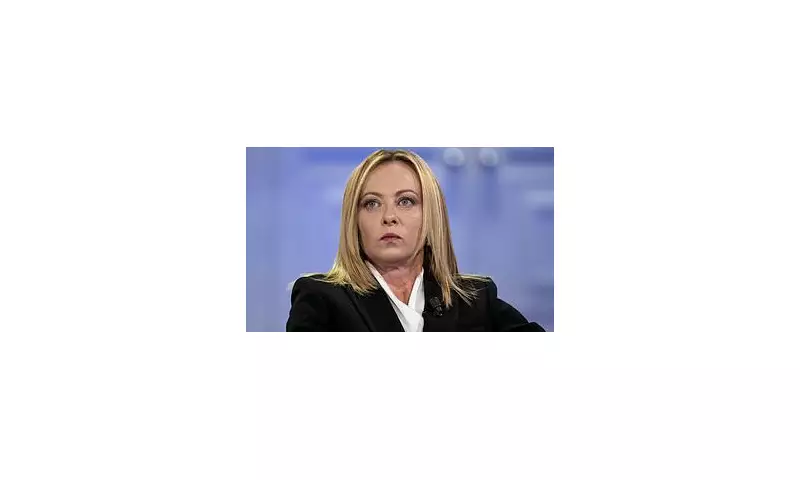
In a controversial move that's sparking international debate, Italian Prime Minister Giorgia Meloni has proposed sweeping legislation to ban full-face Islamic veils across the nation. The hardline measure targets both burkas and niqabs in public spaces, with offenders facing staggering fines of up to €2,600 (£2,250).
The Crackdown on Islamic Separatism
The proposed ban forms part of Meloni's broader strategy to combat what her government describes as "Islamic separatism" within Italian society. The legislation represents one of Europe's most aggressive attempts to regulate religious clothing and cultural practices.
Meloni's Brothers of Italy party, which leads the country's ruling coalition, argues that the ban is essential for maintaining social cohesion and national security. Government officials claim the measure will help prevent the formation of parallel societies and ensure better identification of individuals in public spaces.
Financial Penalties and Enforcement
Under the proposed legislation, women wearing full-face veils could face fines ranging from €1,000 to €2,600. The substantial financial penalties are designed to serve as a strong deterrent against non-compliance.
Local authorities would be empowered to enforce the ban, though specific implementation details remain under discussion. The proposal has already drawn comparisons to similar bans in other European nations, including France, Belgium, and Denmark.
International Reactions and Domestic Response
The proposed ban has ignited fierce debate both within Italy and across the European political landscape. Supporters applaud the measure as necessary for preserving Italian cultural values and ensuring public safety.
However, human rights organizations and Muslim advocacy groups have condemned the proposal as an attack on religious freedom and women's rights. Critics argue that such bans disproportionately target Muslim women and could further marginalize already vulnerable communities.
The legislation comes as Meloni's government continues to implement its conservative agenda, which includes strict immigration controls and traditional family values policies. Political analysts suggest this move reinforces her party's commitment to nationalist principles that resonated with their electoral base.
As the debate intensifies, all eyes remain on the Italian parliament, where the proposed ban will face rigorous scrutiny before potentially becoming law. The outcome could set significant precedents for how European nations balance religious freedom with national security concerns.





